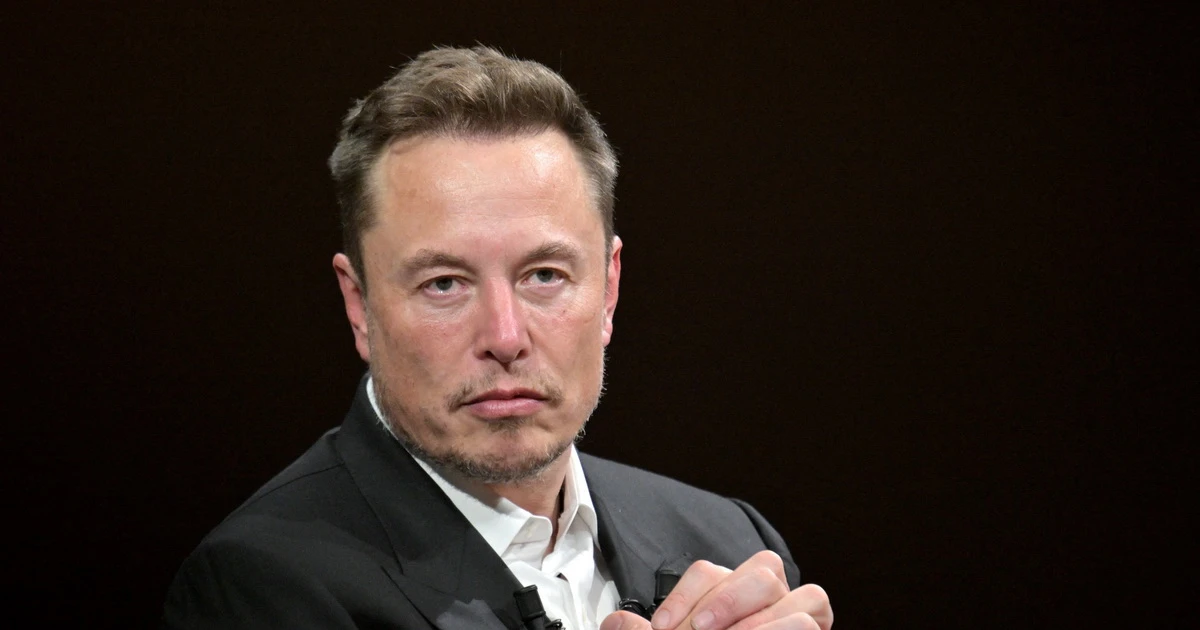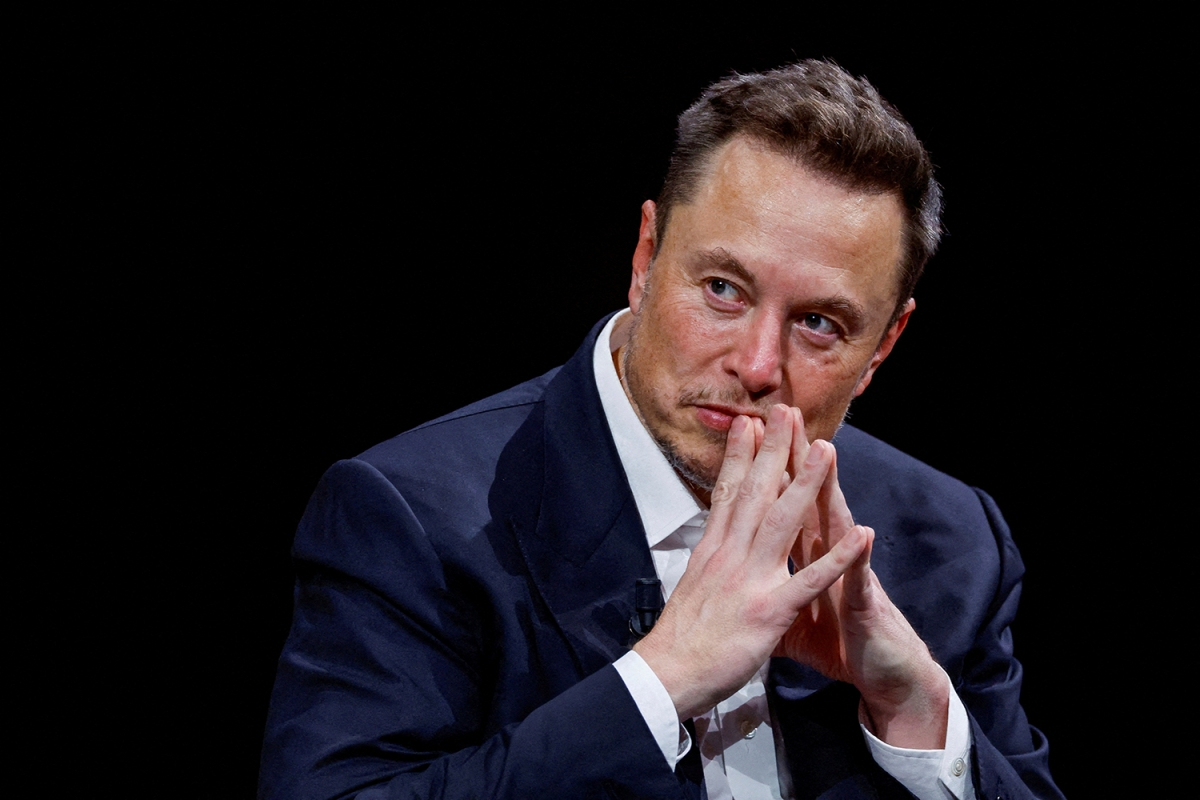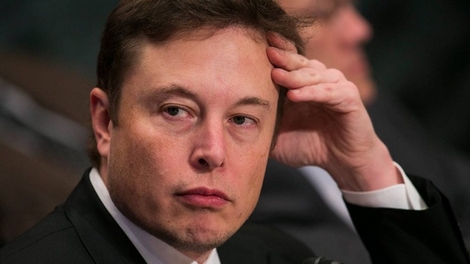Elon Musk’s Retweet Sparks Controversy in Dearborn — and Raises Bigger Questions About Misinformation
When Elon Musk, the world’s richest man and owner of X (formerly Twitter), clicks the “retweet” button, the ripple effect can reach millions almost instantly. This week, Dearborn, Michigan — a city long known for its diversity and vibrant community life — suddenly found itself at the center of a social media storm after Musk amplified a misleading post. The post suggested that Dearborn posed a threat to America, sparking both outrage and concern among local residents and civil rights advocates.
The controversy began when Musk reshared a tweet originally posted by another account. The post featured a short video clip, translated into English, with a caption claiming that “America must fall.” The tweet further emphasized Dearborn’s large Muslim population, claiming that the city’s demographics — now more than 55 percent Muslim — were somehow evidence of a danger to the United States. Musk added his own brief comment: “America will NOT fall.”

At first glance, Musk’s statement may have been intended as a patriotic response to a provocative claim. But the problem lies in the original content itself. The video being circulated was taken out of context from a foreign-language broadcast during elections in early 2024. Experts and journalists who have examined the clip noted that it did not originate in Dearborn and does not represent the views of the city’s Muslim residents. Instead, it was part of a broader political debate abroad that was later misrepresented online.
For residents of Dearborn, the retweet felt like déjà vu. The city has often been unfairly singled out on social media and in certain political narratives because of its large Arab American and Muslim population. Over the years, these narratives have painted the community as somehow “un-American,” despite the fact that Dearborn is home to generations of families who work, study, and serve in every aspect of American life. Many residents are proud of the city’s role as one of the most diverse and welcoming places in the country.
Community leaders quickly spoke up after Musk’s repost gained traction. They stressed that misinformation of this kind doesn’t just distort the truth — it also puts real people at risk. Negative portrayals of entire communities can fuel prejudice, deepen divides, and in the worst cases, incite harassment or violence. Several residents expressed concern that Musk’s vast platform had unintentionally given credibility to a narrative that many extremists might exploit.

At the same time, some observers defended Musk’s decision to comment, suggesting that he was merely expressing his confidence in America’s resilience rather than endorsing the misleading claims. Still, critics argue that someone with Musk’s influence has a responsibility to ensure that the content he shares does not promote harmful stereotypes. “When a person with that much reach amplifies misinformation, it doesn’t just stay online,” one media analyst said. “It can spill into public opinion and policy debates.”
This incident highlights a growing challenge in the digital age: how to address the spread of misleading narratives when they are amplified by high-profile figures. Social media platforms like X, Facebook, and TikTok have long struggled with misinformation, particularly when it intersects with sensitive issues such as religion, ethnicity, and national identity. While companies have introduced fact-checking systems and warning labels, the speed at which false or distorted information spreads often outpaces efforts to correct it.
For Dearborn, the consequences are more than theoretical. In the past, negative portrayals of the city have led to waves of online harassment targeting local businesses and community organizations. Civic leaders fear that Musk’s retweet could reignite those dynamics. Yet they also emphasize that Dearborn’s story is far more complex — and far more positive — than the viral narrative suggests. From its thriving small businesses and cultural festivals to its role as a hub for new immigrants and established families alike, Dearborn represents a rich mosaic of American life.
Ultimately, this episode serves as a reminder of the power — and the risks — that come with influence in the digital era. Musk’s platform gives him the ability to shape conversations across the globe with just a few words or clicks. That power can inspire innovation, mobilize action, or, as in this case, unintentionally amplify a harmful misconception.
For residents of Dearborn, the hope is simple: that their community will not be defined by a misleading clip or a viral tweet. They want the broader public to see the city for what it truly is — a diverse, welcoming place where people of different backgrounds live side by side and contribute to the fabric of American society.
As the debate continues, one lesson is clear: in an age where information travels faster than ever, everyone — from world leaders to ordinary users — carries a responsibility to think critically before sharing. A single retweet may seem small, but its impact can be profound.
